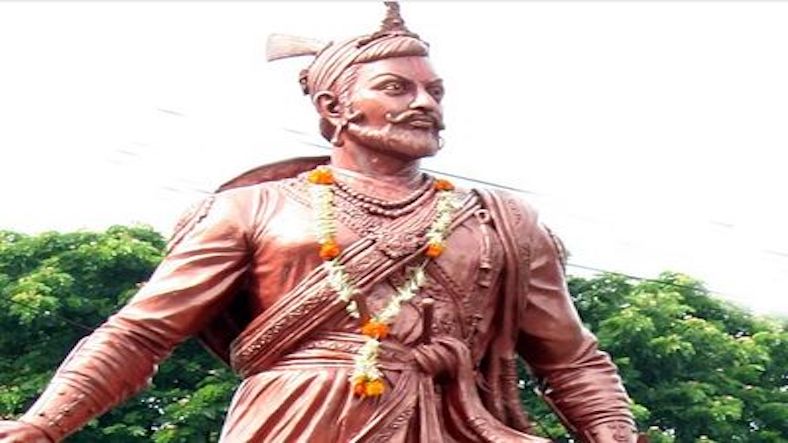Sambhaji Bhosale (1657-1689) was the second ruler of the Maratha Empire in India. He was the eldest son of the empire's founder, Chhatrapati Shivaji Maharaj. Sambhaji succeeded his father as the king and ruled from 1680 until his death.
Here are some key aspects of Sambhaji's life and reign:
- Early Life: Sambhaji was born on May 14, 1657, in Pune, Maharashtra, India. He received a princely upbringing and was trained in various military and administrative skills by his father. He played an active role in Shivaji's military campaigns and gained experience in governance.
- Reign as Chhatrapati: After Shivaji's death in 1680, Sambhaji ascended to the throne as the Chhatrapati (King) of the Maratha Empire. His reign faced several challenges, including territorial conflicts with neighboring states, particularly the Mughal Empire.
- Military Campaigns: Sambhaji continued his father's expansionist policies and led military campaigns to secure Maratha territories. He fought against the Mughals, the Portuguese and various regional powers. Despite facing setbacks, he demonstrated his military prowess and strategic abilities in several battles.
- Administration and Policies: Sambhaji focused on strengthening the administrative structure of the Maratha Empire. He appointed capable officials and implemented policies to enhance governance and revenue collection. He also took measures to protect the interests of his subjects and promote trade and agriculture.
- Literature and Arts: Sambhaji had a deep appreciation for literature and arts. He himself was a poet and composed poetry in Marathi. He patronized scholars, poets and artists, contributing to the cultural development of the Maratha Empire.
- Capture and Execution: Sambhaji's reign faced significant challenges from the Mughal Empire, particularly under the rule of Aurangzeb. In 1689, Sambhaji was captured by the Mughals and subjected to brutal torture and execution. His death was a result of his refusal to convert to Islam, showcasing his unwavering commitment to his own faith.
- Legacy: Sambhaji's reign and sacrifices left a lasting impact on Maratha history and the struggle against Mughal dominance. His valor and resilience against adversity continue to inspire generations of Marathas. He is remembered as a courageous warrior, a defender of Maratha sovereignty and a symbol of resistance against external forces.
Sambhaji's life and reign were marked by his efforts to protect and expand the Maratha Empire, his commitment to the welfare of his subjects and his unwavering dedication to his faith and principles. His contributions to Maratha history and his sacrifice in the face of adversity have secured him a revered place in Indian history.
Thanks for reading the about this great personality on our peoples blog, for more such great people read our peoples blog articles.










